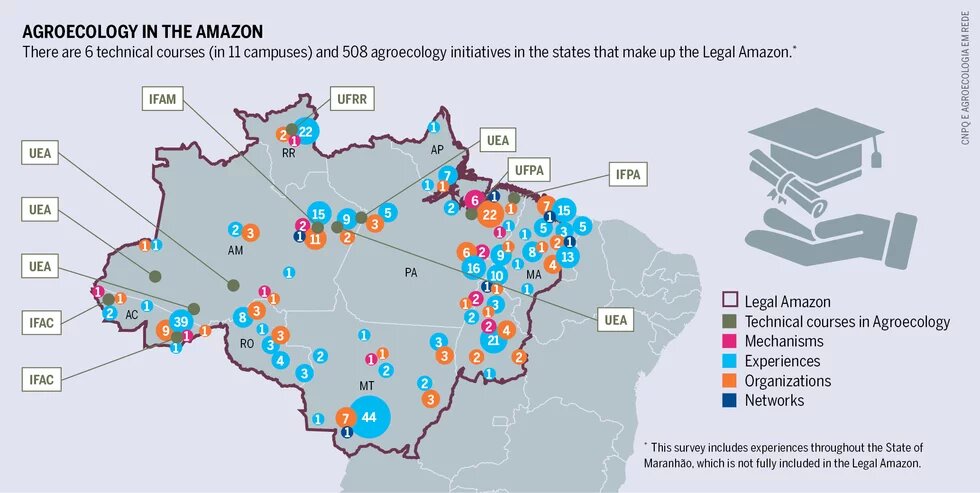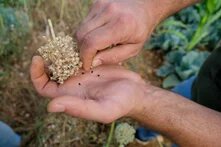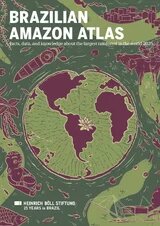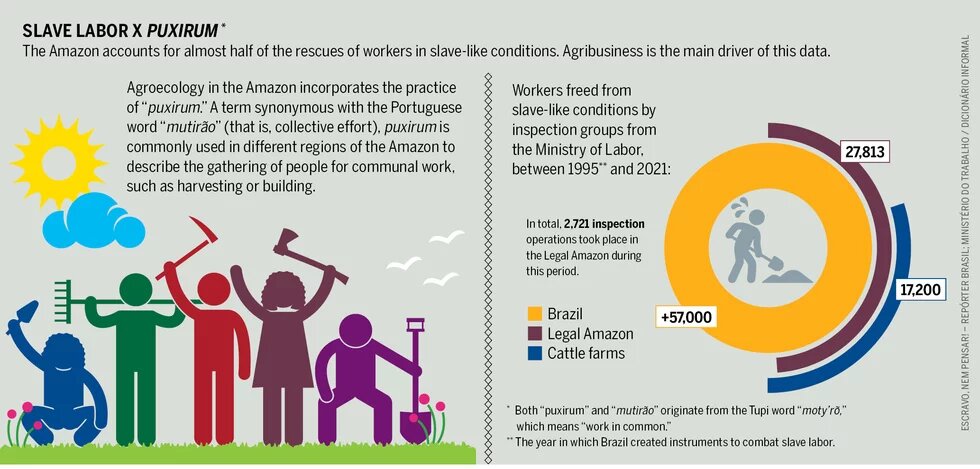
In the Amazon, scientific agroecological knowledge is combined with the ancestral knowledge of traditional peoples and communities in forest management. This fusion results in several initiatives that stand as resistance to the advance of agribusiness.
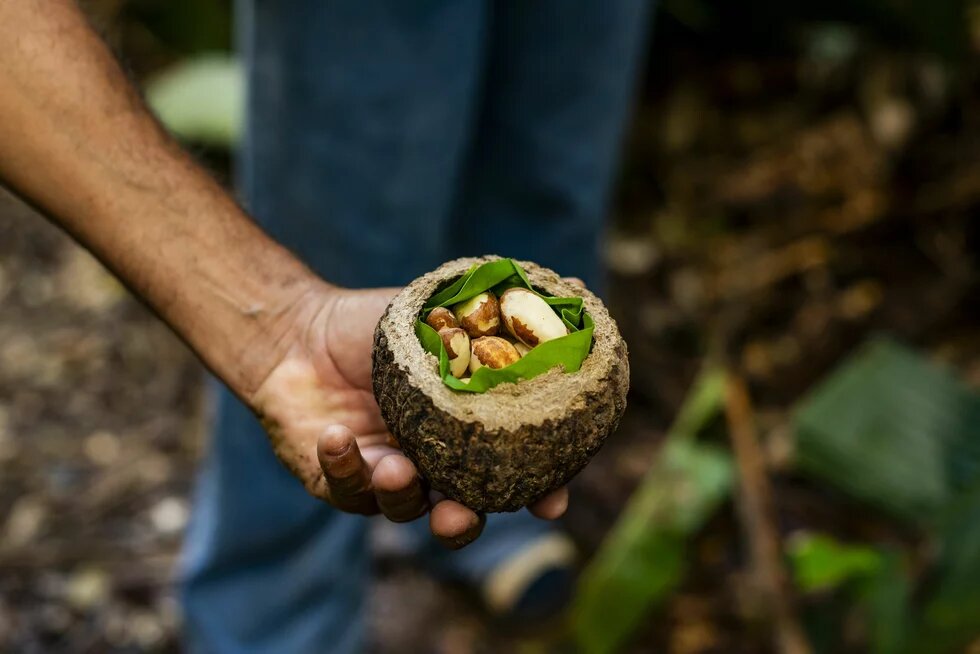
Agroecology is a science that mobilizes ecological principles and methods to support the development of more sustainable agri-food systems. The concept of agroecology has expanded in recent years, following the evolution of debates that highlight the impossibility of isolating “islands of success” in production while disregarding broader issues such as land concentration, processing, markets, labor and gender relations, consumption, and waste generation.
In the Amazon – recognized for the biodiversity of its ecosystems and the diversity of the peoples and communities that inhabit it – scientific agroecological knowledge merges with the knowledge historically constructed through the direct relationship between humans and nature. To understand agroecology in the Amazon, it is necessary to analyze the historical process of its occupation, the relationships between organizations and institutions and the Amazonian populations, and the challenges for advancing the practices adopted on the forest floor.
Part of the knowledge mobilized in agroecology comes from ancestral practices in the management and design of agroecosystems carried out thousands of years ago by Indigenous peoples. In this sense, the countless social and scientific systematizations already developed in the field of agroecology are rooted in ancestral Indigenous production and food systems, and, more recently, in those of African peoples brought as slaves to the Amazon.
The agroecological transition in these territories must incorporate this knowledge, enhance it, and revalue ancestral wisdom.
Traditional production and food systems – such as agroforestry systems and productive home gardens – are unequivocal examples of these contributions, as Amazonian dark earth and cultural forests. Thus, a significant part of the development of agroecology in the Amazon is associated with these practices and their evolutionary processes. The agroecological transition in these territories must incorporate this knowledge, enhance it, and revalue ancestral wisdom. This movement is the essence of agroecology on the forest floor, where puxiruns, mutirões, and other collective practices of work, its care, and reciprocity set the tone for a vision of the commonplace individuals in the territories.
However, over the past 50 years – especially during and after the Brazilian military dictatorship [1964-1985] – the Amazon has undergone a broad territorial occupation project marked by various forms of anthropic activity (deforestation, wildfires, water contamination and population exposure to mercury from mining, the expansion of monoculture soybean and oil palm plantations, construction of hydroelectric power plants, grain ports, roads in protected areas, and the intensive use of pesticides). These processes have been aggravated by the evident signs of climate change, making the region a significant stage for the impacts of human actions. This transformation of the landscape has introduced new challenges in terms of the sustainability of agri-food systems.
Family farmers are currently striving to reclaim parts of their territories through ecologically-based practices, such as implementing agroforestry systems in their various forms or adopting forest and scrubland management systems that combine native vegetation with food crops. At their core, the diversification of production and the reduction or replacement of industrial inputs have proven effective in driving agroecological transitions in the Amazon.
In the political dimension, resistance initiatives are also diversifying and can be understood beyond institutional politics itself. The social construction of markets based on short supply chains – such as local fairs and the implementation of institutional purchasing programs such as the Food Acquisition Program and the National School Feeding Program – has become an important alternative for making the economies of farmers in the Amazon more dynamic. The added value generated by small-scale agro-industries organized by family farming cooperatives has gained traction in recent years, particularly through socio-biodiversity products such as açaí, Brazil nuts, and others.
Women are increasingly organizing themselves into associations, cooperatives, or other forms of representation.
Women play a key role in agroecological activities in the Amazon, particularly in territories where productive home gardens, the conservation of native plant and animal resources, and the processing of agrobiodiversity and sociobiodiversity products are practiced. They are increasingly organizing themselves into associations, cooperatives, or other forms of representation, seeking to influence public policies that ensure the continuity of local production methods. Thus, agroecology emerges as a pathway for strengthening socio-environmental resilience in the Amazon.
To achieve this, it is essential to reinforce and integrate sociotechnical networks composed of a growing number of public education and research institutions, non-governmental organizations, and organizations of farmers, Indigenous peoples, and traditional communities. These actors must work together through transdisciplinary actions aimed at adopting the principles of agroecology from a territorial perspective. In this context, it is crucial to create and strengthen instruments to promote agroecological activities through state and regional policies focused on agroecology and socio-biodiversity, integrated with the National Policy for Agroecology and Organic Production.
The article was first published in the Brazilian Amazon Atlas.
See the Portuguese Atlas version here.
